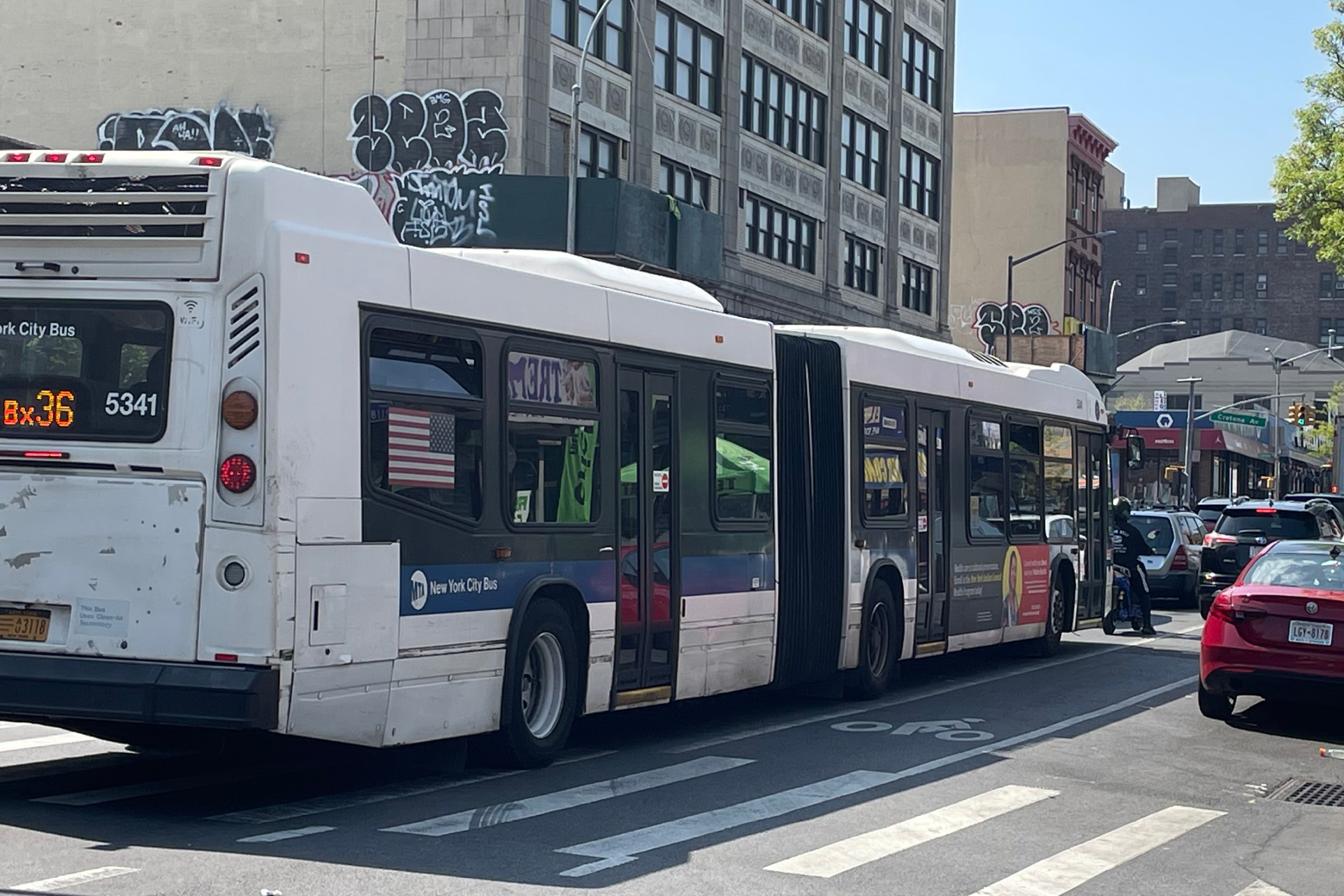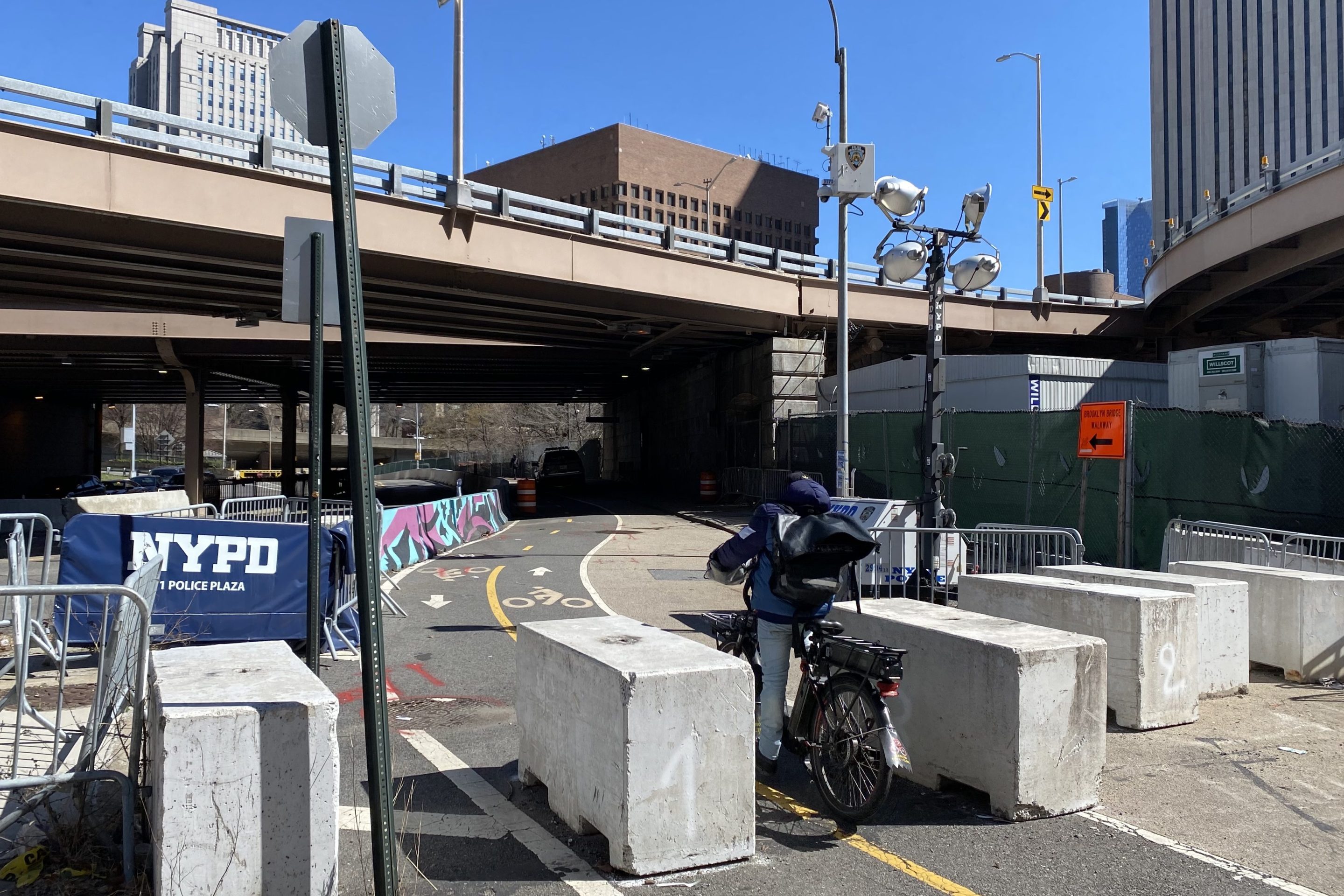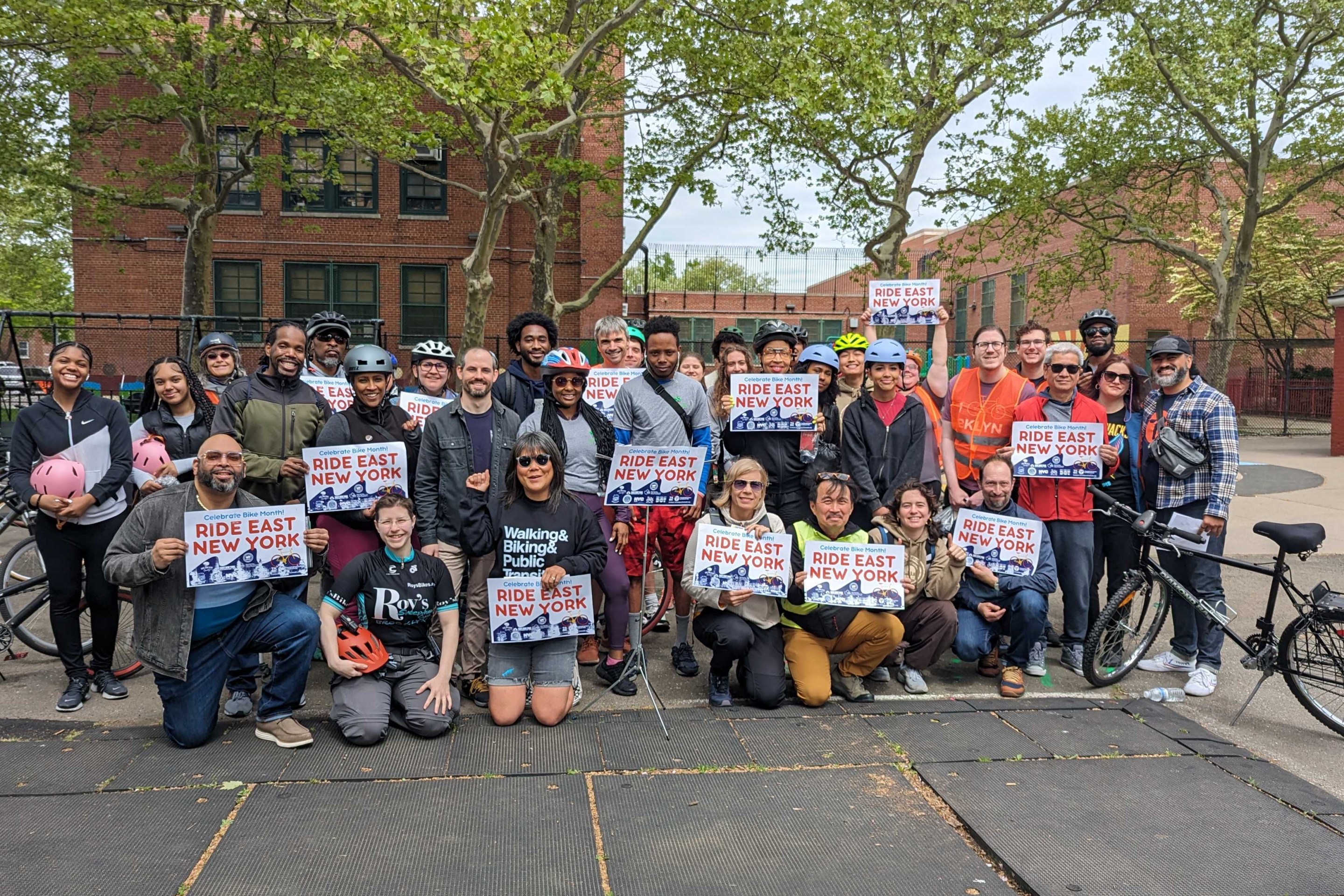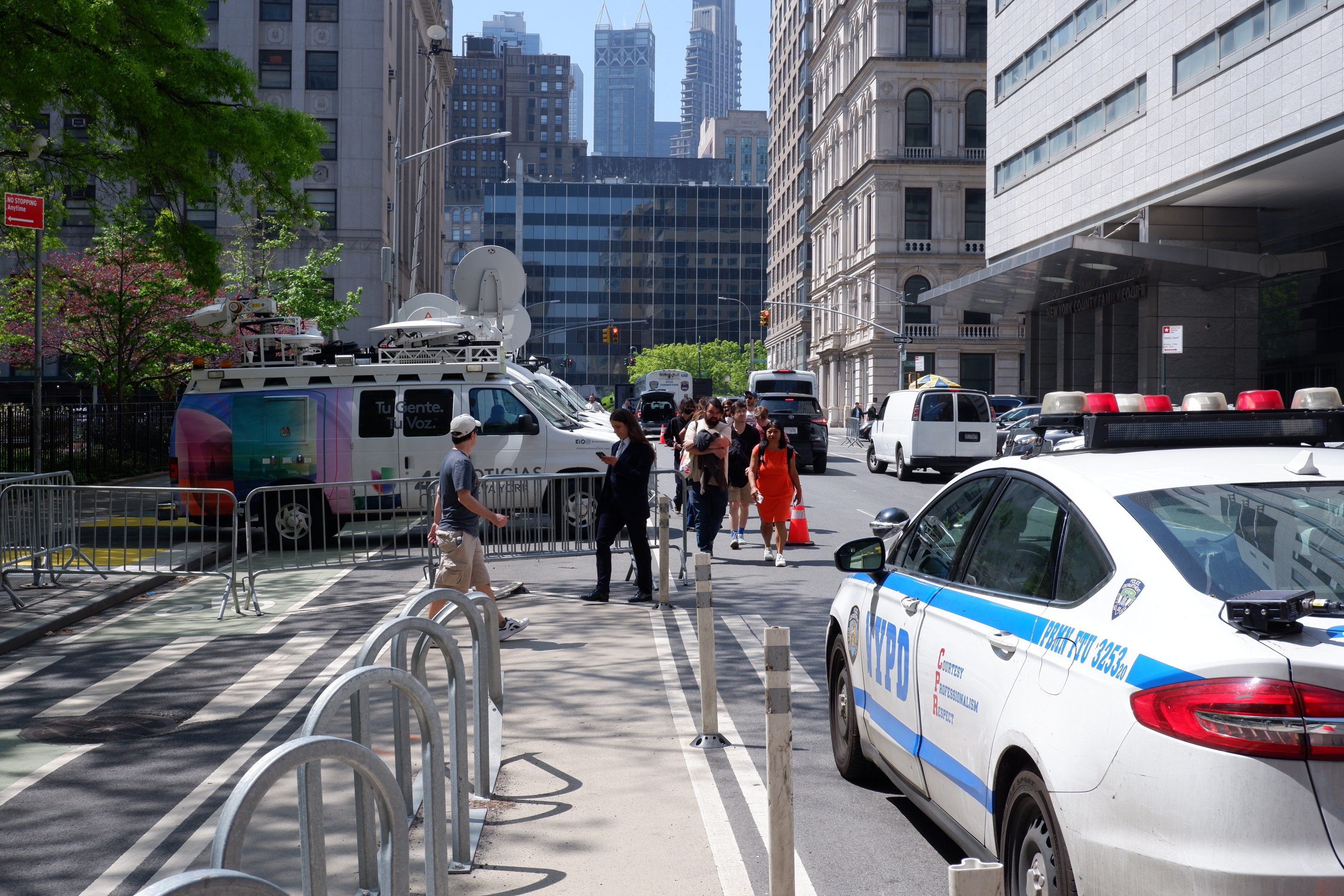As the Senate opened its second round of climate change hearings today, Philadelphia mayor Michael Nutter delivered the urban case for climate legislation, outlining an array of infrastructure improvements and green reforms that would be made possible by federal action to reduce carbon emissions.
Testifying on behalf of the U.S. Conference of Mayors, Nutter singled out his city's "complete streets" policy as a key element of the local revitalization that has attracted more private investment and new residents to Philadelphia:
Over the past five decades, Philadelphia lost jobs and residents. The pulls that caused people to leave our city and others like it were driven in part by government policies that valued highways over transit and new tract housing over older row homes. But, in recent years, Philadelphia has begun to witness a rebirth... people and jobs are moving in and private investments are being made. People again view our walkable neighborhoods and public transportation systems as assets to value and nurture.
Nutter also described a series of sustainable infrastructure projects that his city is prepared to launch once long-term funding is secured. The Senate climate bill sets up a new block grant program that would provide that long-term funding, directing money to metro areas for energy efficiency and conservation projects.
Among the Philadelphia proposals mentioned by Nutter were the city's "green corridors" program -- now in line for a $6 million pilot phase -- that would install landscaped sidewalks to collect storm water as well as new energy-efficient streetlights and traffic signals. A parallel effort, known as "green streets," would increase tree cover and install curb bump-outs with sidewalk planters to decrease heat-trapping.
"Our experience... is characteristic of so many cities that are moving forward with these investments," Nutter told the Senate environment committee, which will hear from more than two dozen witnesses today alone.
Republican witnesses offered a counterpoint to the urban experience, focusing almost exclusively on the high cost that regulating emissions would impose on traditional fossil fuel-burning industries.
"We are in favor of green jobs but not at the expense of the heartland, of red, white, and blue jobs," Bill Klesse, CEO of oil company Valero, told the environment panel.
Today's hearing can be followed live here, courtesy of the committee.





